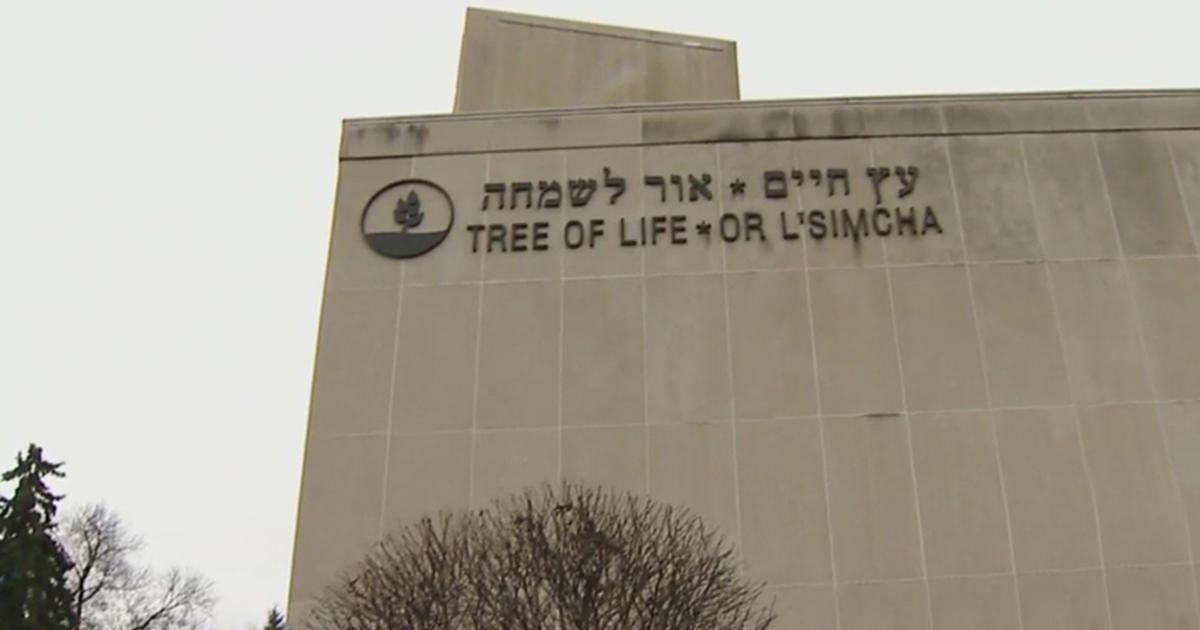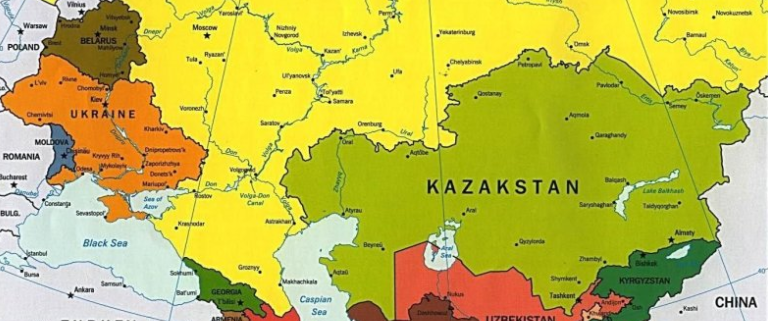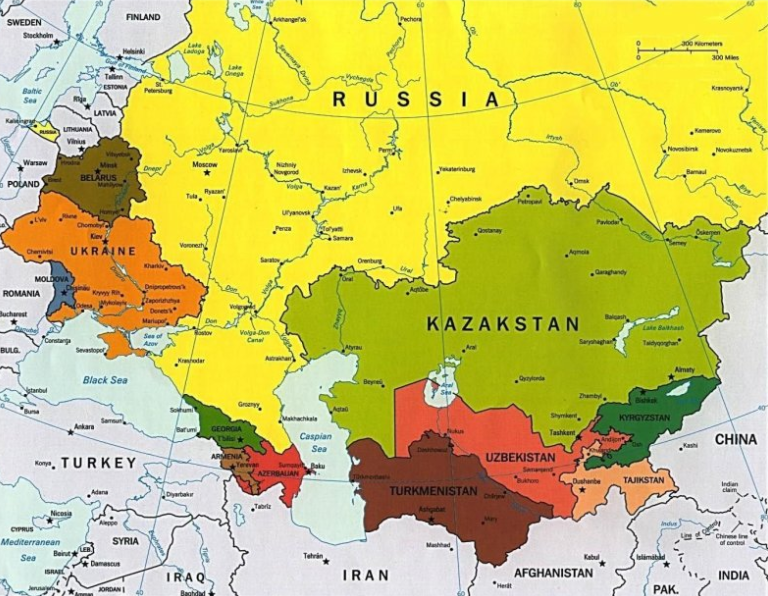The Southern Poverty Law Center has just escaped from a bogus defamation lawsuit brought against it by yet another displeased recipient of the SPLC’s “hate group” designation. (h/t Adam Steinbaugh)
Back in February, Gavin McInnes — the founder of “western chauvinist” group Proud Boys — sued the SPLC for calling the Proud Boys a hate group. SPLC defended itself by pointing out all the hateful things the Proud Boys have said/done, as well as all the hateful things Gavin McInnes has said/done.
It seems highly unlikely McInnes will prevail in this lawsuit. Unfortunately, the SPLC will still have to defend itself against these bogus claims, and others filed by similar groups that have decided to litigiously object to the SPLC’s assessment of their hate levels.
Coral Ridge Ministries (now Truth In Action Ministries) sued the SPLC in 2017 over its hate group designation, which resulted in Amazon blocking Coral Ridge from receiving charitable donations from its AmazonSmile program. The single claim against Amazon is supposedly related to the Civil Rights Act of 1964. Coral Ridge feels Amazon is discriminating against it for its religious beliefs — beliefs that include claiming homosexuality is a lawless abomination. The court points out, towards the tail end of its 141-page decision [PDF], that this claim is implausible, even if one is inclined to read the Act as covering online-only charitable donation platforms.
While Title II “is to be liberally construed and broadly read,” Miller, 394 F.2d at 349, Coral Ridge wants to stretch the statute beyond its breaking point. Perhaps Title II extends beyond physical “place[s],” § 2000a(b), to the internet. Perhaps it protects more than just potential customers seeking goods, services, etc. Perhaps it even recognizes disparate-impact claims. But it does not protect the ability to receive money donations, where such an ability is limited exclusively to § 501(c)(3) organizations and thus not open to the public. And Title II certainly does not entitle to relief a plaintiff who does not plausibly alleged any discrimination whatsoever, whether intentional or by disparate impact.
Coral Ridge cannot force the Amazon defendants to donate money to it. Its Title II claim is due to be dismissed with prejudice.
The defamation claim against SPLC isn’t much more coherent. Coral Ridge decides only one definition of the word “hate group” will do — one that includes membership that advocates for or participates in acts of violence. The court says there are multiple definitions of “hate group” used by entities all over the world and very few of them contain this requirement. More to the point, SPLC’s definition of “hate group” does not contain this stipulation. Asserting facts not in evidence is no way to win a court case.
The court need not accept Coral Ridge’s alleged definition of “hate group” because it is a conclusory allegation. Critically, Coral Ridge fails to plead any facts to support its “generaliz[ed],” “blanket statement[]” about the commonly understood meaning of “hate group.” Roberts, 2013 WL 4046383, at *2. It does not, for example, plead that “hate group” is anywhere defined–whether in a dictionary, or by any other source or entity–to require engaging in or advocating violence or crime. Coral Ridge thus asserts “a factual inference”–the commonly understood meaning of “hate group”–“without stating the underlying facts on which the inference is based.”
The First Amendment is at stake here. And the court isn’t willing to let Coral Ridge leverage the only definition of hate group it finds acceptable into a rights-altering lawsuit win.
If courts considering motions to dismiss were obligated to accept as true plaintiffs’ factually unsupported definitions of words, concepts, and terms, it would make a mockery of Federal Rule of Civil Procedure 12(b)(6)’s pleading standard.7 Requiring courts to accept as true plaintiffs’ pleaded definitions of words would be particularly inappropriate in public-figure defamation suits such as this one, where “there is a powerful interest in ensuring that free speech is not unduly burdened by the necessity of defending against expensive yet groundless litigation.”
The footnote attached to this paragraph spells it out clearly for Coral Ridge: words have meaning… not just your meaning.
For example, if a plaintiff buyer alleging that a defendant seller fraudulently misrepresented the number of apples in a delivery could successfully plead any definition he wanted of “apples”–such as requiring that they have seeds made of 24-karat gold–then even the most frivolous claim could survive a motion to dismiss.
Coral Ridge doesn’t survive this motion to dismiss. As the court points out, if you’re going to provide citations in support of your single, ultra-thin argument, at least try to include some citations that actually back your claim.
In its amended complaint and briefing, Coral Ridge cites three sources–other than itself and SPLC–of definitions of a “hate group”: (1) judicial opinions, (2) the Federal Bureau of Investigation (FBI), and (3) the Anti-Defamation League (ADL). The definitions–or, in the case of the judicial opinions, lack of a definition–of the term “hate group” provided by all of these sources directly contradict Coral Ridge’s allegation that a “hate group is legally and commonly understood as one that engages [in] or advocates crime or violence against others.”
The term Coral Ridge wants to argue about isn’t easily or narrowly defined. The court says there is “no single, commonly understood meaning of the term ‘hate group.'” Since there’s no precise definition, Coral Ridge cannot hope to prove the SPLC’s designation is false, and certainly not that the SPLC knew it was false when it declared Coral Ridge an “anti-LGBTQ hate group.”
Coral Ridge cannot prove the falsity of the “hate group” designation, given that, as the court has found, the designation is not provable as false. Logically speaking, a plaintiff cannot prove what is not provable.
[…]
To find actual malice just because SPLC publicized a meaning of “hate group” that conflicted with the common understanding of the term would severely undermine debate and free speech about a matter of public concern. This is because, even if the term had achieved a commonly understood meaning, that meaning would not be fixed forever, but rather could evolve through public debate. To sanction a speaker for promoting a genuinely held dissenting view of the meaning of “hate group” would be akin to punishing a speaker for advocating new conceptions of terms like “terrorist,” “extremist,” “sexist,” “racist,” “radical left wing,” “radical right wing,” “liberal,” or “conservative.” Punishing speakers to preserve status quo ideas would be anathema to the First Amendment.
The First Amendment protects a lot of speech people wish it wouldn’t. It protects Coral Ridge’s anti-LGBTQ statements — ones that include calling homosexuality “vile,” “lawless,” and “an abomination.” Many people would probably like to see speech like this suppressed with “hate speech” laws. It shouldn’t be. But, hypocritically, Coral Ridge wants to call SPLC’s “hate group” designation defamation, removing it from the shelter of First Amendment protections. But it does this while presenting itself as a fierce free speech advocate being unfairly targeted by hate speech law proposals.
The SPLC’s “hate group” work is, at best, questionable. But it’s still protected speech, even if it results in adverse outcomes for those it designates as hateful. The best response is more speech, not lawsuits that threaten the protections the plaintiffs benefit from each and every day.
Permalink | Comments | Email This Story
Techdirt.


